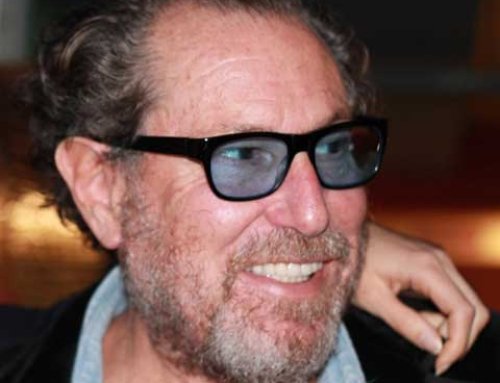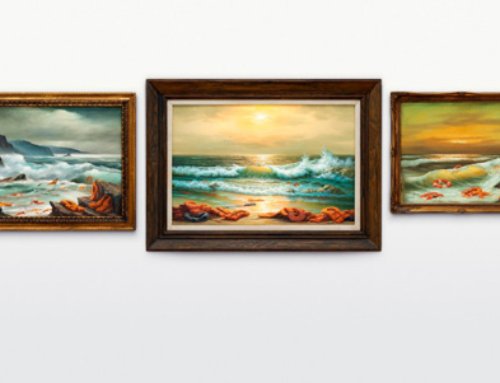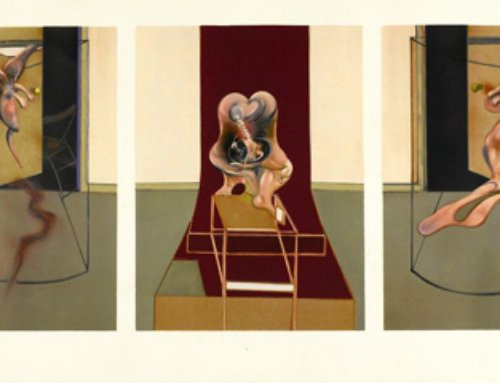For more than 20 years the West-Eastern Divan Orchestra, an initiative of Daniel Barenboim and Edward Saïd, has been an important player in the international music world.
In 1999 Daniel Barenboim and the late Palestinian literary scholar Edward W. Said created a workshop for young musicians to promote coexistence and intercultural dialogue. They named the orchestra and the workshop after Johann Wolfgang von Goethe’s collection of poems West-Eastern Divan; a central work for the development of the concept of world culture. The orchestra’s first rehearsal sessions took place in Weimar and Chicago. An equal number of Israeli and Arab musicians form the basis of the ensemble, together with members from Turkey, Iran and Spain. They meet every summer for rehearsals, followed by an international concert tour.
Since its founding, the Divan orchestra has proved time and again that music can break down barriers that were previously considered insurmountable. The only political aspect that predominates in the work of the West-Eastern Divan Orchestra is the conviction that there is no military solution to the Arab-Israeli conflict and that the fate of Israelis and Palestinians is inextricably linked.
Through its work and its existence, the Divan Orchestra shows that bridges can be built to encourage people to listen to the other person’s story.
Although music alone cannot resolve the Arab-Israeli conflict, it gives the individual the right and duty to express himself fully while listening to his or her neighbor. Based on this notion of equality, cooperation and justice for all, the Divan orchestra forms an alternative model for the current situation in the Middle East.
Since the early years, one of the West-Eastern Divan’s objectives has been to perform in all the countries represented by its musicians. Concerts in Rabat, Doha and Abu Dhabi and the historic concert in Ramallah in 2005 are steps towards this ambition. The Divan orchestra has also performed at the United Nations: in December 2006 in honour of Secretary-General Kofi Annan at the General Assembly in New York and in October 2015 at the UN headquarters in Geneva. Secretary-General Ban Ki-moon named Daniel Barenboim ‘UN Peace Messenger’ in September 2007 and appointed the West-Eastern Divan Orchestra the UN ‘Global Advocate for Cultural Understanding’ in February 2016.
The repertoire of the Divan Orchestra ranges from symphonic works to opera and chamber music. The highlights of the concerts include performances at the Berlin Philharmonic, the Teatro alla Scala in Milan, the Musikverein in Vienna, the Carnegie Hall in New York, the Tchaikovsky Conservatory in Moscow, the Hagia Eirene Museum in Istanbul, Salle Pleyel in Paris, the Plaza Mayor in Madrid and the Teatro Colón and the Centro Cultural Kirchner in Buenos Aires. The Divan orchestra is a regular guest at the BBC Proms and the Salzburg and Lucerne festivals.
About Daniel Barenboim and Edward Saïd, the 2 initiators
Daniel Barenboim
Pianist and conductor, citizen of Argentina, Israel, Palestine and Spain.
The current general music director of the Berlin State Opera and the Staatskapelle Berlin, Barenboim was previously music director of the Chicago Symphony Orchestra, the Orchestre de Paris and La Scala in Milan.
Barenboim is known for his work with the West-Eastern Divan Orchestra, an ensemble of young Arab and Israeli musicians, and as a resolute critic of the Israeli occupation of the Palestinian territories.
Barenboim has received many distinctions and prizes, including seven Grammys, an honorary knight commander of the Order of the British Empire, the French Légion d’honneur as commander and grand officer, and the German Großes Bundesverdienstkreuz mit Stern und Schulterband.
Together with the Palestinian-American scholar Edward Said he received the Prince of Asturias Concord Award from Spain.
Barenboim is a polyglot, speaks fluent Spanish, Hebrew, English, French, Italian and German.
He is a self-described Spinozist and is strongly influenced by Spinoza’s life and thinking.
Edward Said
Professor of Literature at Columbia University, a public intellectual, and a founder of the academic field of postcolonial studies. He was a Palestinian-American, born in the British Mandate Palestine, and was an American citizen through his father, a veteran of the U.S. Army.
Trained in the Western canon at British and American schools, Said applied his education and bi-cultural perspective to clarify the differences in cultural and political awareness between the Western world and the Eastern world, particularly over the Israeli-Palestinian conflict in the Middle East; his main influences were Antonio Gramsci, Frantz Fanon, Aimé Césaire, Michel Foucault, and Theodor Adorno.
As a cultural critic, Said is known for the book Orientalism (1978), a critique of the cultural representations that form the basis of Orientalism – how the Western world perceives the Orient. The basic text was Orientalism controversial among scholars of Oriental studies, philosophy and literature.
As a public intellectual, Said was a controversial member of the Palestinian National Council because of his public criticism of Israel and Arab countries. Especially the political and cultural policies of Muslim regimes that acted against the national interests of their peoples.
Said advocated the creation of a Palestinian state to guarantee equal political and human rights for Palestinians in Israel. Including the right to return to the homeland. He defined his oppositional relationship with the status quo as the task of the public intellectual who must “sift, judge, criticize, choose, so that the choice returns to the individual“.
The Divan orchestra as an expression of the core values of democracy
When asked “Mr. Barenboim, you are one of the most important living musicians of our era. Why do you find it so important to dedicate yourself to other world problems in addition to your work?“, he answered the following:
“My friend Edward Said wrote a book on the role of the intellectual in society. Said declared that the intellectual has a moral obligation to criticize the established order. There are many people in the world of music, both on stage and in the audience, who regard music as something beautiful and who live in ivory towers. I don’t like ivory towers. I feel I have a responsibility with the West-Eastern Divan orchestra. The democracy we enjoy in this part of the world gives us certain rights. But it also imposes obligations on us.“





